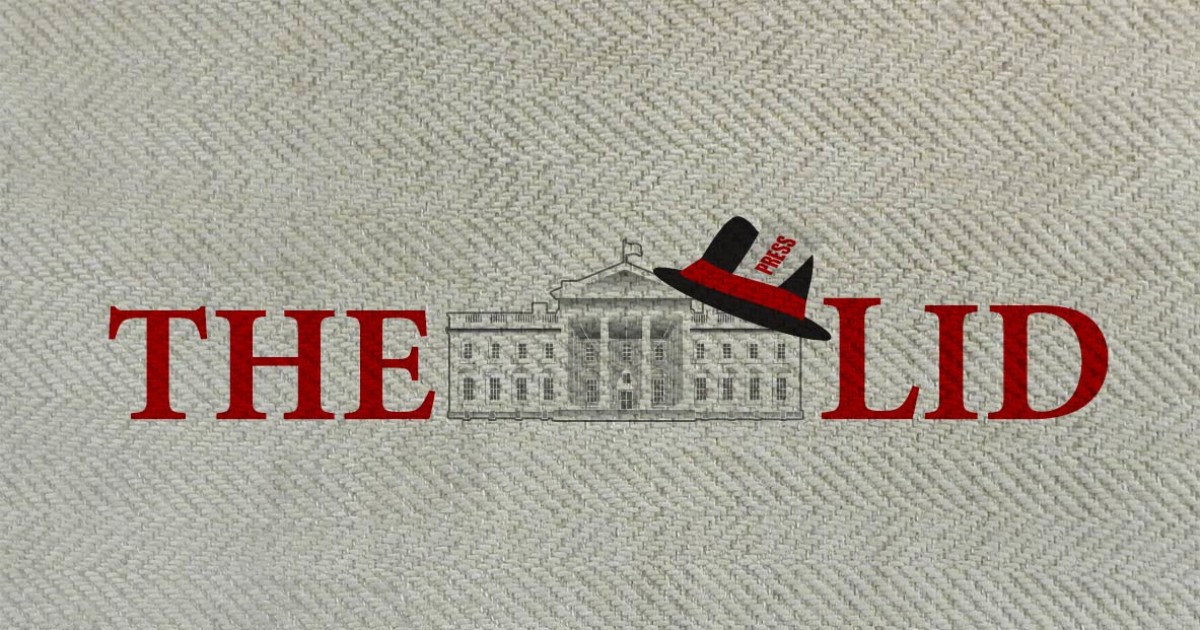People get too enthused by the post debate online polls conducted by pages like Drudge and Time. They are fun, but they are nonsense. Online commentators and even television commentators have been using these polls to prove that Trump won the debate, and now Fox News Management is warning producers to ease up on reporting about these online polls
By early in the morning after Monday’s debate online polls conducted by Drudge, Time, and others reported that Trump was the big winner. While I would be ecstatic if they were true, online polls are what’s known in the business (any business) as “crap.” Oh they are fun to keep track of–and I must admit I rush to Drudge to see the result–but they are unscientific and meaningless. Beyond that history has shown that the real effect of a debate doesn’t really show up until a week or so after the debate. In two or more weeks when the election preference polls are updated to include five to ten days after the debate, then we will be able to really determine voter swings resulting from the debate.
Fox News’ Dana Blanton, the vice president of public-opinion research at Fox News, explained in the memo obtained by Business Insider that “online ‘polls’ like the one on Drudge, Time, etc. where people can opt-in or self-select … are really just for fun.”
While most of the on-line polls favored Trump as the winner of the debate, I guarantee you that Trump’s campaign manager Kellyanne Conway, who’s background is research does not place any stock in them. Sure members of the campaign (including Ms. Conway) use the results to spin the debate, but they also realize the results are nothing short of nonsense.
The memo from Dana Blanton said:
“As most of the publications themselves clearly state, the sample obviously can’t be representative of the electorate because they only reflect the views of those Internet users who have chosen to participate,” Blanton wrote.
As the Fox News executive pointed out, users who participate in such polls must have internet access, be online at the time of the poll, be fans of the website in question, and self-select to participate.
“Another problem — we know some campaigns/groups of supporters encourage people to vote in online polls and flood the results,” she wrote. “These quickie click items do not meet our editorial standards.”
At least three Fox News hosts cited unscientific online polls in the hours after Monday night’s presidential debate to suggest Donald Trump emerged as the winner of the political showdown.
Trump had come out ahead in a slew of unscientific polls, or polls in which the sample of participants did not accurately reflect the sample of viewers who watched the debate. Such polls are almost always discounted by professional pollsters and analysts.
(…) “Fox News policy is to focus on non-partisan telephone polls (with both landlines & cellphones) that use live interviewers, and random digit-dial sampling techniques — a methodology that enables everyone an equal chance of being interviewed,” Blanton said.
I spent 30-years in marketing and a huge part of my job was research. These type of polls became popular in the past ten years, even for marketers. They are easy and very cheap to conduct, but in the end most sophisticated clients understood that “you get what what you pay for,’ and ignored the temptation.
As mentioned above I would recommend that even scientific polls about the debates be ignored right now. Generally it takes a week or so for the viewer opinions of a debate to “settle in.” Sometimes the spin helps to change opinions which why both camps are desperately trying to convince people their candidate was the big winner.
For now know what these on-line polls are –and enjoy them for what they are discussion pieces that may or may not have anything to do with reality.





